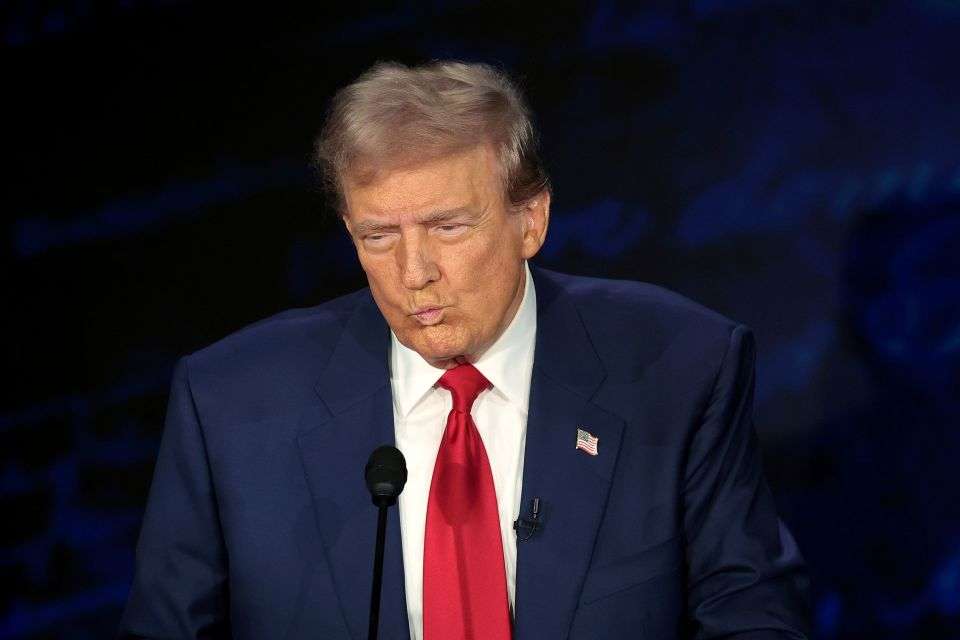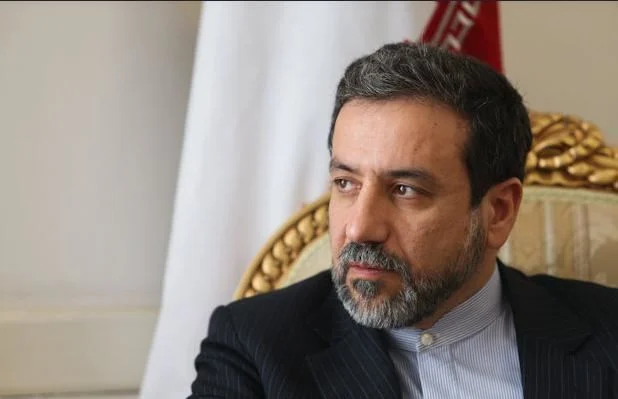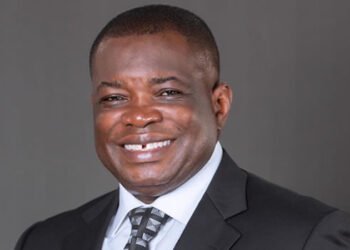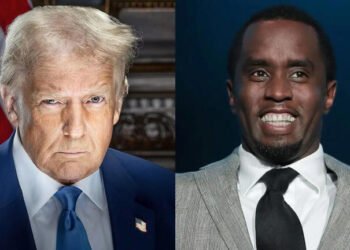Iran’s Foreign Minister, Abbas Araghchi has disclosed that he will meet with U.S. Envoy Steve Witkoff in Oman for the first negotiations under the Trump administration seeking to halt Tehran’s rapidly advancing nuclear program as tensions remain high in the Middle East.
Speaking to Iranian state television from Algeria, Araghchi maintained the talks would be indirect, likely with Omani mediators shuttling between the two parties.
US President, Donald Trump, in announcing the negotiations on Monday, described them as being direct talks.

Years of indirect talks under the Biden administration failed to reach any success, as Tehran now enriches uranium up to 60% purity — a technical step away from weapons-grade levels.
Both the U.S. and Israel have threatened Iran with military attack over the program, while officials in Tehran increasingly warn they could potentially pursue a nuclear bomb.
“Our main goal in the talks, is naturally restoring rights of people as well as lifting sanctions and if the other side has a real will, this is achievable, and it has no relation to the method, either direct or indirect.
“For the time being, indirect is our preference. And we have no plan to alter it to direct.”
Abbas Araghchi
Araghchi insisted his negotiations with US Middle East envoy Steve Witkoff on Saturday would be “indirect.”
“We will not accept any other form of negotiation. The format of the negotiations… is not the most important thing in my view. What really counts is the effectiveness or otherwise of the talks.
“If the other side shows enough of the necessary willingess, a deal can be found… The ball is in America’s court.”
Abbas Araghchi
Nonetheless, Araghchi’s comments left space for Iran to potentially hold direct talks eventually with the Americans.

Such talks aren’t known to have been held since the Obama administration.
Iran’s economy has been severely affected by international sanctions, particularly after Trump unilaterally withdrew America from Tehran’s nuclear deal with world powers in 2018.
At the time of the 2015 deal, which saw Iran drastically limit its enrichment and stockpiling of uranium in exchange for lifting of international sanctions, the rial traded at 32,000 to the dollar.
After Trump’s comments on the talks went public, Iran’s ailing economy suddenly showed new signs of life.
Its rial currency, which hit a record low of over 1 million rials to the dollar, rebounded Tuesday to 990,000 rials.
The Tehran Stock Exchange separately rose some 2% on the news.
Kremlin Welcomes Planned Talks

Key Iranian ally, Russia welcomed the prospect of negotiations for a new nuclear accord to replace the deal with major powers that was unilaterally abandoned by Trump in 2018.
This came after China and Russia held consultations with Iran in Moscow.
Kremlin Spokesman, Dmitry Peskov said that Moscow “absolutely” supported the initiative.
“We know that certain contacts, direct and indirect, are planned in Oman. And, of course, this can only be welcomed because it can lead to de-escalation of tensions around Iran.”
Dmitry Peskov
Also, China’s foreign ministry Spokesman, Lin Jian called on the United States to “stop its wrong practice of using force to exert extreme pressure” after Trump threatened Iran with bombing if it fails to agree a deal.
“As the country that unilaterally withdrew from the comprehensive agreement on the Iran nuclear issue and caused the current situation, the United States should demonstrate political sincerity (and)… mutual respect.”
Lin Jian
Lin added that Washington should participate in dialogue and consultation.
READ ALSO: NADMO Vows Demolition of Structures Blocking Riverways to Avert Flooding



















